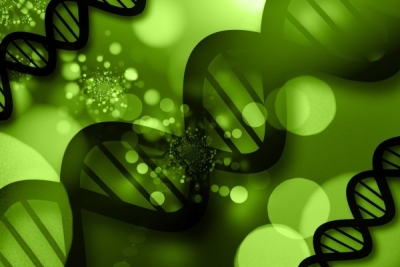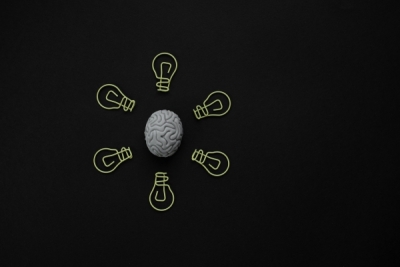Alcohol hangover is a combination of negative mental and physical symptoms that can be experienced the day after a single episode of alcohol consumption, starting when the blood alcohol concentration (BAC) approaches zero again (1). Alcohol is the main component responsible for hangovers, but other substances produced during fermentation are also precursors to symptoms. The physiological mechanisms that contribute to the appearance of a hangover include dehydration, hormonal imbalances, oxidative stress and inflammation, in addition to biological mechanisms such as gender, metabolism and genetics (2,3). Three domains of symptoms are found in hangovers: impact on cognitive function, physical functioning, and mood.
The most common symptoms include: nausea, drowsiness, fatigue, weakness and cognitive problems such as reduced alertness, difficulty with memory and concentration (4). In addition, hangovers increase the risk of accidents and falls, hampering psychomotor and cognitive performance in activities such as cycling, driving and playing sports. Consequences in the work environment such as absenteeism (absences), health and economy are also common.
Despite the close and well-known relationship between mood and alcohol consumption, few studies have investigated this relationship. A study with male patients with alcohol use disorder and social drinkers demonstrated that negative attitudes towards consumption and feelings of guilt for drinking were associated with more severe hangovers (5).
From the point of view of mental effects, studies show that hangovers can be characterized by a general state of cognitive impairment, reflected in slower responses and reduced accuracy in a variety of measures of cognitive function, as well as increased negative mood. Individuals with hangovers made more mistakes and showed slower responses to cognitive tests. Mood was also impaired among them, with decreased alertness, calmness, and feelings of contentment. Greater irritability and general reduction in positive mood were also observed in individuals with alcoholic hangovers (4) .
Of all the symptoms featured in hangovers, tiredness, drowsiness and headache were reported to have the greatest negative impact, followed by nausea and concentration problems. Some symptoms, even though they are common, such as dry mouth and thirst, do not have such an impact on mood, cognition and physical functions (7).
Recently, some studies are emphasizing the search for remedies to eliminate the effects of alcoholic hangovers, but there is still a need for more tests to verify their effectiveness. In any case, the cognitive and mood impairment caused by a hangover can have negative consequences on daily life, work performance and daily activities. Therefore, the recommendation is that individuals who decide to drink try to observe the effects of alcohol and the amount ingested in order to minimize both its immediate damage, such as a hangover, as well as the long-term damage.











